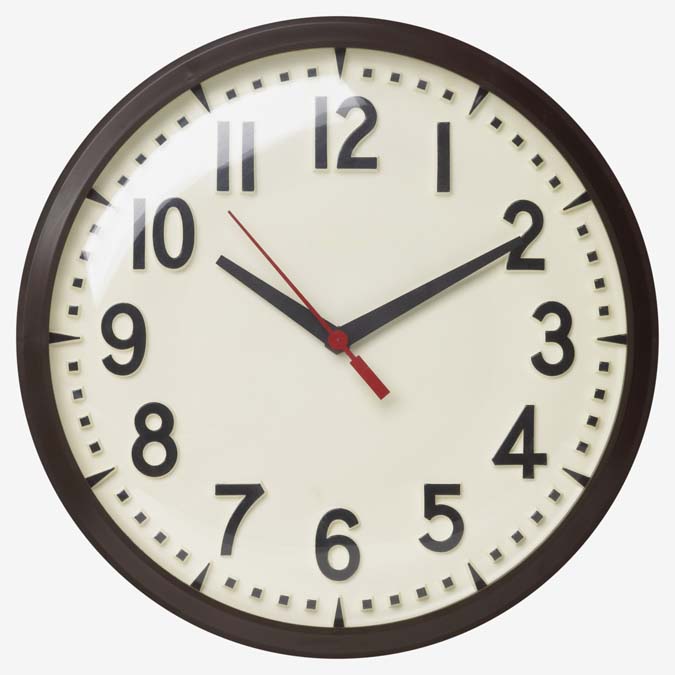There’s an old metaphor about a frog in boiling water. If you drop a frog in a pot of boiling water, he will immediately jump out because of the sudden, drastic change in temperature. If, however, you put a frog in a pot of tepid water and slowly bring it to a boil, the temperature change will be so subtle that the frog will never know what hit him as he boils to death.

People are very similar to the frog when it comes to identifying underlying health problems and seeking help. Based on the perceived severity of the problem, you are either driven to action, or more prone to let the problem continue as a mere annoyance.
Those who have suffered a major trauma such as an auto accident, work injury, or slip and fall are like a frog dropped in boiling water. Because they have undergone such sudden and massive physical change they seek immediate action in correcting the damage done and look to professional help without delay. Bear in mind that these are the same people who would normally overlook more minor aches and pains without a second thought.
Why does one act so quickly in a situation like this? The injury happens so suddenly and swings them so far from their comfort zone that they will do whatever it takes to bring things back to normalcy as quickly as possible. After all, a knock in your engine is something that you would typically let go for awhile, but a sudden cloud of smoke billowing from under the hood would likely spur you to immediate action.
The majority of people, however, are like a frog in tepid water, on a slow simmer until eventually being brought to a boil. Most imbalances develop over time, and because they are often very subtle, and many times painless, the danger of their impact on our bodies goes unnoticed.
Over time, however, these imbalances are no less devastating to us than boiling water is to the frog. A slow drip in your attic might not seem like a big deal, but its cumulative effects can eventually send your ceiling crashing down.
Until we get into the habit of being proactive when it comes to our health, these “simmering” imbalances will always be a threat. Neutralizing that threat requires that we shift our thinking away from pain-based, symptom-relief care and more toward a system built around prevention and wellness.
If you know someone who has not been examined for imbalances yet, regardless of whether or not they are exhibiting any symptoms, send them in for a acupuncture evaluation. Let’s get them the help they need before their pot comes to a boil!




